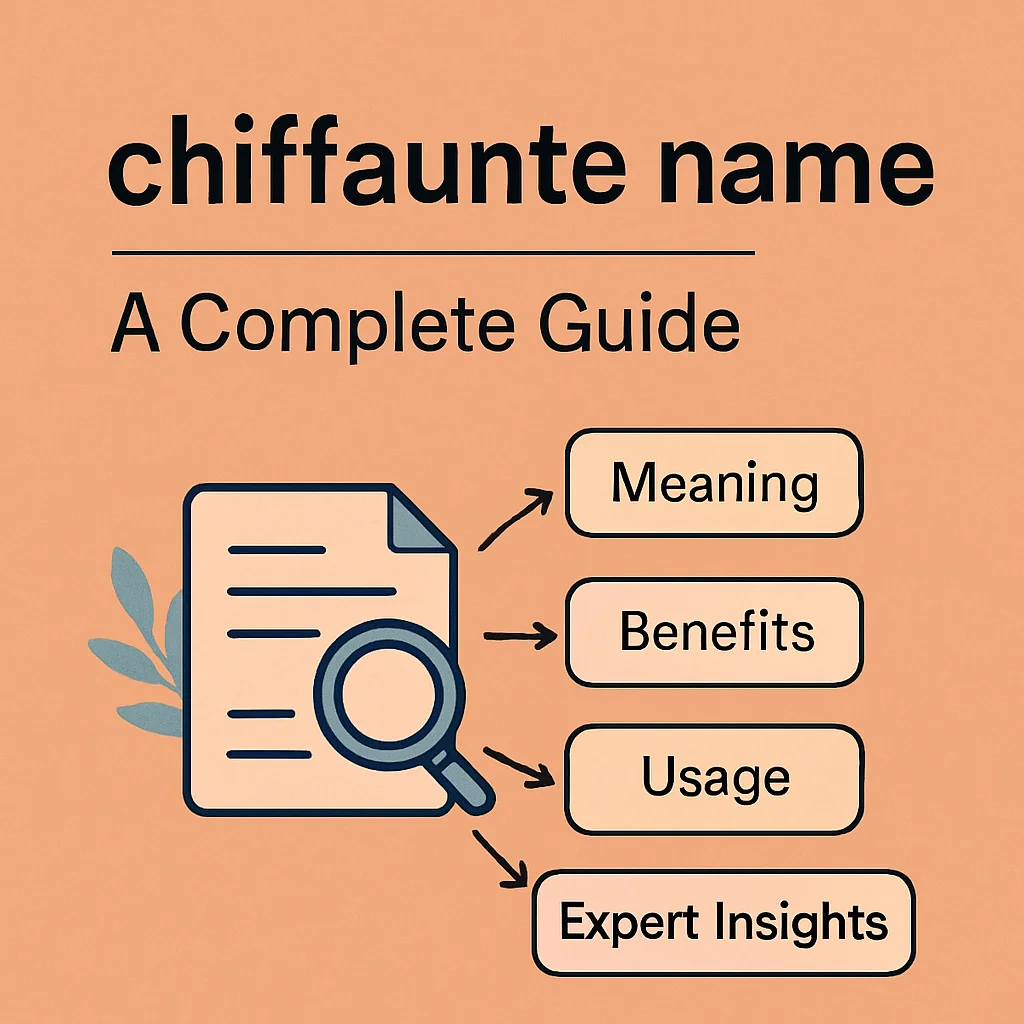Introduction
Names hold power, and scary boy names have a unique charm that goes beyond ordinary naming. Whether inspired by folklore, mythology, horror films, or dark fantasy, these names instantly set a mood of mystery, strength, and intimidation. A carefully chosen scary name doesn’t just sound chilling—it creates an identity that sparks curiosity and commands attention.
From parenting choices to storytelling, from Halloween characters to online personas, the trend of picking names that feel spooky, bold, or intimidating has grown across cultures. This guide explores everything you need to know about scary boy names, including their benefits, applications, best practices, and common mistakes to avoid.
Benefits of Scary Boy Names
Choosing a name that carries an eerie or intimidating tone has more significance than many realize. These names can influence perception, set expectations, and even enhance creativity.
How It Helps in Storytelling and Creativity
- Creates Atmosphere: In literature, movies, and games, scary names help establish mood and tone instantly. A villain named Damien or Lucius feels far more chilling than a common name.
- Boosts Character Depth: Writers often use scary boy names to make characters memorable, hinting at their dark or mysterious nature.
- Encourages Imagination: Even outside of fiction, these names spark curiosity and let people imagine stories behind them.
Key Advantages for Parents, Writers, and Gamers
- Parents: Some parents pick slightly eerie but stylish names to stand out from traditional naming trends.
- Writers: Authors gain instant character recognition when using intimidating or dark names.
- Gamers: Online players often use scary names to project dominance and strength in virtual communities.
- Halloween Enthusiasts: Perfect for costumes, events, and roleplay to match a chilling persona.
How to Use/Apply Scary Boy Names
Names are more than words—they shape first impressions. To make the most of scary boy names, you need to understand where and how they can be applied effectively.
Step-by-Step Guide
- Define the Purpose:
- Parenting, gaming, storytelling, or event-based? Knowing the purpose helps narrow the right name.
- Choose a Category:
- Mythological (e.g., Hades, Amon)
- Literary/Horror-Inspired (e.g., Damien, Raven)
- Unique Creations (invented names with dark sounds)
- Check Meaning & History:
- A name might sound scary but carry surprising meanings. Research ensures it aligns with your intention.
- Test the Sound:
- Scary names often use strong consonants (Z, R, X, D) or soft eerie vowels.
- Apply in Context:
- For stories: match the name to personality.
- For parenting: balance uniqueness with usability.
- For gaming: pick a memorable but intimidating username.
Common Mistakes to Avoid
- Overcomplicating the Name: A name that’s too long or confusing loses its chilling effect.
- Ignoring Pronunciation: If others can’t pronounce it, the impact fades.
- Copying Popular Villains Blindly: While names like Dracula or Voldemort are iconic, they may feel cliché.
- Forgetting the Audience: A scary name should fit the context—what works in a horror novel may not suit a real child.
Best Practices for Scary Boy Names
Once you’ve decided to use intimidating names, following best practices ensures you get maximum impact.
Tips & Tricks for Better Results
- Mix Tradition with Mystery: Blend classic names with eerie undertones (Victor, Lucian).
- Use Dark Symbolism: Names linked to shadows, night, storms, or mythology tend to feel scarier.
- Experiment with Short Names: One-syllable names like Zed or Drake often feel more powerful.
- Add a Twist: Slightly altering a familiar name (e.g., Damion instead of Damien) makes it unique yet intimidating.
Expert Recommendations
- For Writers: Build a name list for villains, anti-heroes, and supernatural characters in advance.
- For Parents: Balance scary with stylish—think of names like Lucius, which sound elegant yet chilling.
- For Gamers: Pair scary names with numbers or symbols for standout usernames (e.g., RavenX, DarkZed).
FAQs About Scary Boy Names
What makes a name sound scary?
Strong consonants, sharp endings, and connections to dark myths or horror stories often give names an intimidating effect.
Can scary boy names also be stylish?
Yes! Many names like Lucian or Damien balance elegance with a chilling undertone, making them both scary and fashionable.
Are scary names only for fiction?
Not at all. While they’re popular in books, games, and movies, some parents choose them for real children to give a bold and unique identity.
What’s the difference between scary boy names and the phrase “name scary”?
The phrase name scary often refers to naming something in a frightening way—whether a character, pet, or even a username—while scary boy names specifically focus on male names with intimidating qualities.
Are there cultural differences in scary boy names?
Yes. Some cultures draw from folklore (Asmodeus, Jinn), while others from literature (Edgar, Roderick), showing how fear is expressed differently worldwide.
Conclusion
Scary Boy Names are more than spooky labels—they’re powerful tools that shape identity, storytelling, and perception. From enhancing fictional characters to making a child’s name unique, or even creating an unforgettable gaming persona, these names carry weight and meaning.
By following best practices, avoiding common mistakes, and carefully applying them in context, you can ensure that your chosen name leaves a lasting impression.


